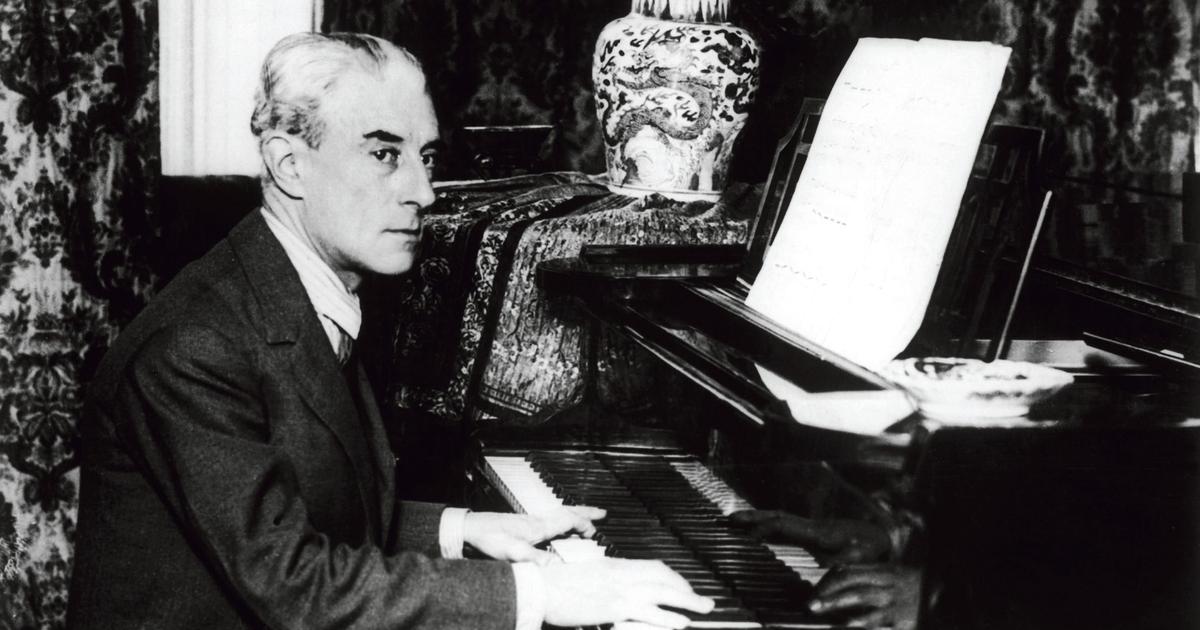“Crazy!”
, exclaimed an exasperated spectator during the creation of the famous
Bolero
by Ravel, in 1928. What the composer would have answered quietly:
“That one, she understood.”
Is this anecdote attached to the legend of the most played French musical work in the world the origin of the hypothesis according to which the
Boléro
, with its single theme repeated for more than sixteen minutes, would be the work of an already sick brain?
Stricken with dementia?
Or even amusia (altered perception and musical skills)?
The composer himself described his score for Ida Rubinstein as
"an empty masterpiece of music."
At least five major orchestral works never saw the light of day because of his illness
Manuel Cornejo, founding president of the association Les Amis de Maurice Ravel
“What is certain is that the disease from which Ravel suffered at the end of his life was the subject of all fantasies,
confirms Manuel Cornejo, founding president of the association Les Amis de Maurice Ravel.
Including during his lifetime.
We went so far as to suspect him of having syphilis when the screening test was negative.
Rumors and uncertainties swept away...
This article is for subscribers only.
You have 88% left to discover.
Want to read more?
Unlock all items immediately.
Without engagement.
TEST FOR €0.99
Already subscribed?
Login









/cloudfront-eu-central-1.images.arcpublishing.com/prisa/65WJB3EG45EZDLAF5QNRLPUDDU.jpg)